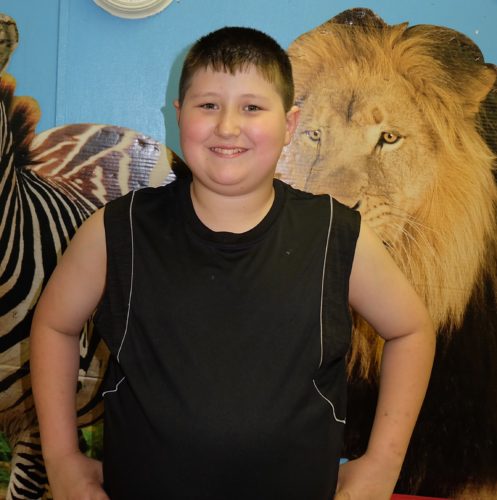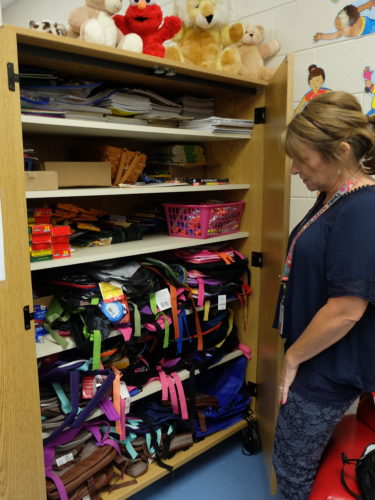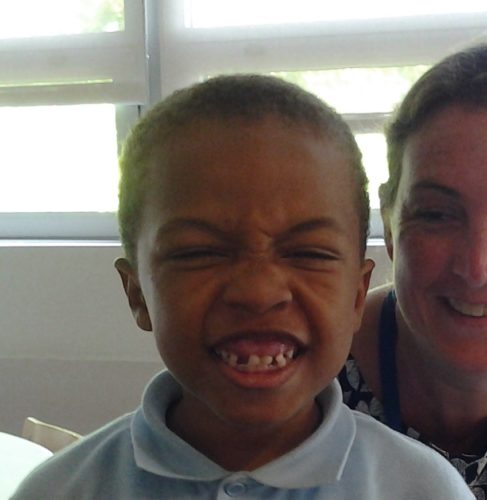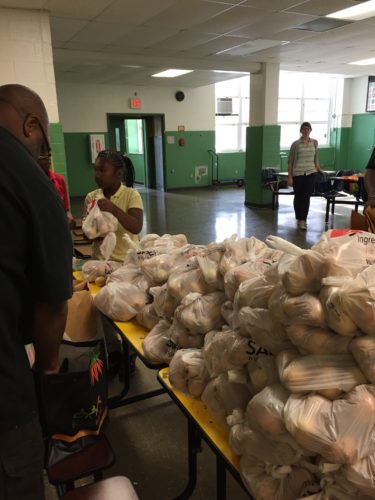International Student Exchange (ISE) is pleased to announce the release of their most recent ISE Gives Back charity initiative update. This initiative was designed to provide support to organizations that assist underprivileged children around the world. The most recent ISE update covers their ongoing partnership with Children Incorporated, which has helped children in need across the United States, specifically, for the last two years; and it details some of the programs funded through their $100,000 donation.
“It’s truly remarkable what we’ve been able to accomplish together in these last two years, and we look forward to continuing this impactful work.”
– Amanda Corey of ISE
“Being able to launch this initiative and see how it has positively impacted so many people is an absolute honor,” said Amanda Corey of ISE. “We have heard so many wonderful stories, like from Alyssa*, a young girl from Kentucky who received treatment at the Shriners Hospitals for Children in Boston after she sustained severe burns during a house fire. It’s news like this of kids receiving the help they need that keeps us moving toward our mission to bring people together for the greater good of the world.”
In addition to helping this family, ISE’s partnership with Children Incorporated has also had a far-reaching impact. In Washington, D.C., the donation provided funds for a weekend Backpack Feeding Program for children who would otherwise not have food to eat on the weekends; as well as helped to fund a Joyful Food Market – a market where families with limited access to grocery stores can obtain fresh vegetables, fruit, proteins, and more once a month.
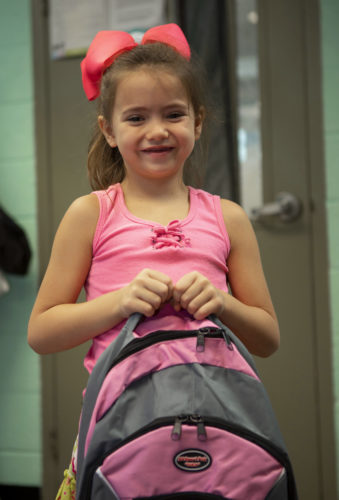
Thanks to ISE, children all over the United States are receiving much-needed support.
In Richmond, Virginia, the ISE-Children Incorporated partnership resulted in the purchase of Legos and Lego Base Plates for the Broad Rock Elementary School library. They will be used for the school’s math program, which promotes coding and logistical and higher-level thinking.
To the south, in North Carolina, funds from the $100,000 donation helped to sustain the Junior Appalachian Musicians program, where children stay after school to learn about traditional Appalachian instruments and culture. Across the country, in Arizona, the donation provided funding for the construction of a reading pergola and native canyon grape vines at Pinon Community School in the Navajo Nation, as well as supplies for students to turn grapes into jam for consumption at school and at home with their families.
Amanda went on to say, “As if that weren’t amazing enough, ISE and Children Incorporated are currently sponsoring 119 children through this partnership, including 58 older boys and girls, for whom it is most difficult to find sponsors. It’s truly remarkable what we’ve been able to accomplish together in these last two years, and we look forward to continuing this impactful work.”
Visit iseusa.org to learn more about the ISE-Children Incorporated partnership, and to discover what it’s like to become a host family or area representative.
*Name changed for child’s protection.
About International Student Exchange
International Student Exchange sponsors secondary school exchange for international students, as well as provides cultural exchange programs for American high school students interested in opportunities for living and studying abroad. Founded in 1982, this certified 501(c)(3) nonprofit organization has provided quality foreign exchange programs for over 30,000 students.
ISE’s goal is for student exchange to bring people of the world closer together, and for the relationships created between exchange students, host families, and local communities to promote peaceful, cooperative international relations. Those interested in helping and getting involved may host an exchange student, or join a team of incredible area representatives.
***
HOW DO I SPONSOR A CHILD WITH CHILDREN INCORPORATED?
You can sponsor a child with Children Incorporated in one of three ways: call our office at 1-800-538-5381 and speak with one of our staff members; email us at sponsorship@children-inc.org; or go online to our donation portal, create an account, and search for a child who is available for sponsorship.

